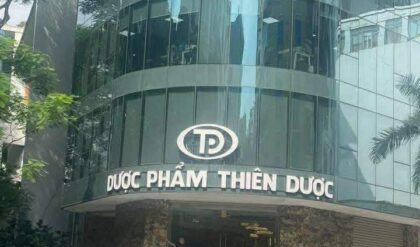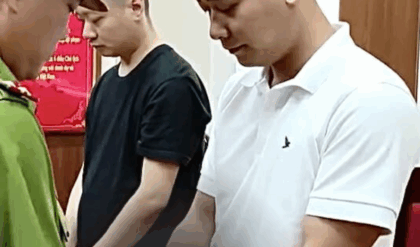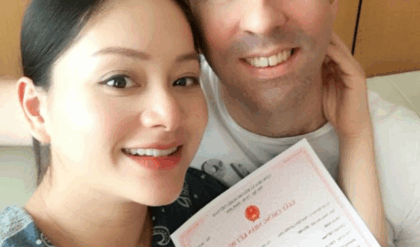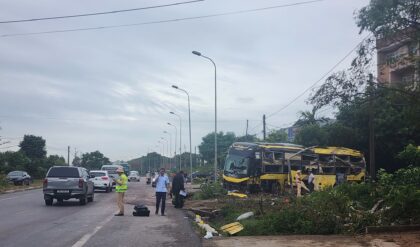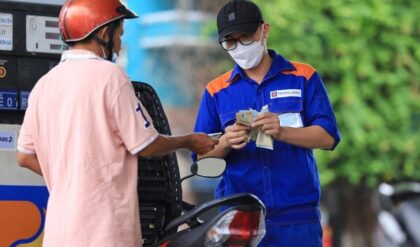Singapore paid around US$2-3 million (S$2.69 to 4.04 million) in subsidies for all six shows in exchange for being the only stop in the region for pop icon Taylor Swift
Singapore paid around US$2-3 million (S$2.69 to 4.04 million) in subsidies for all six shows in exchange for being the only stop in the region for pop icon Taylor Swift, CNA reported.
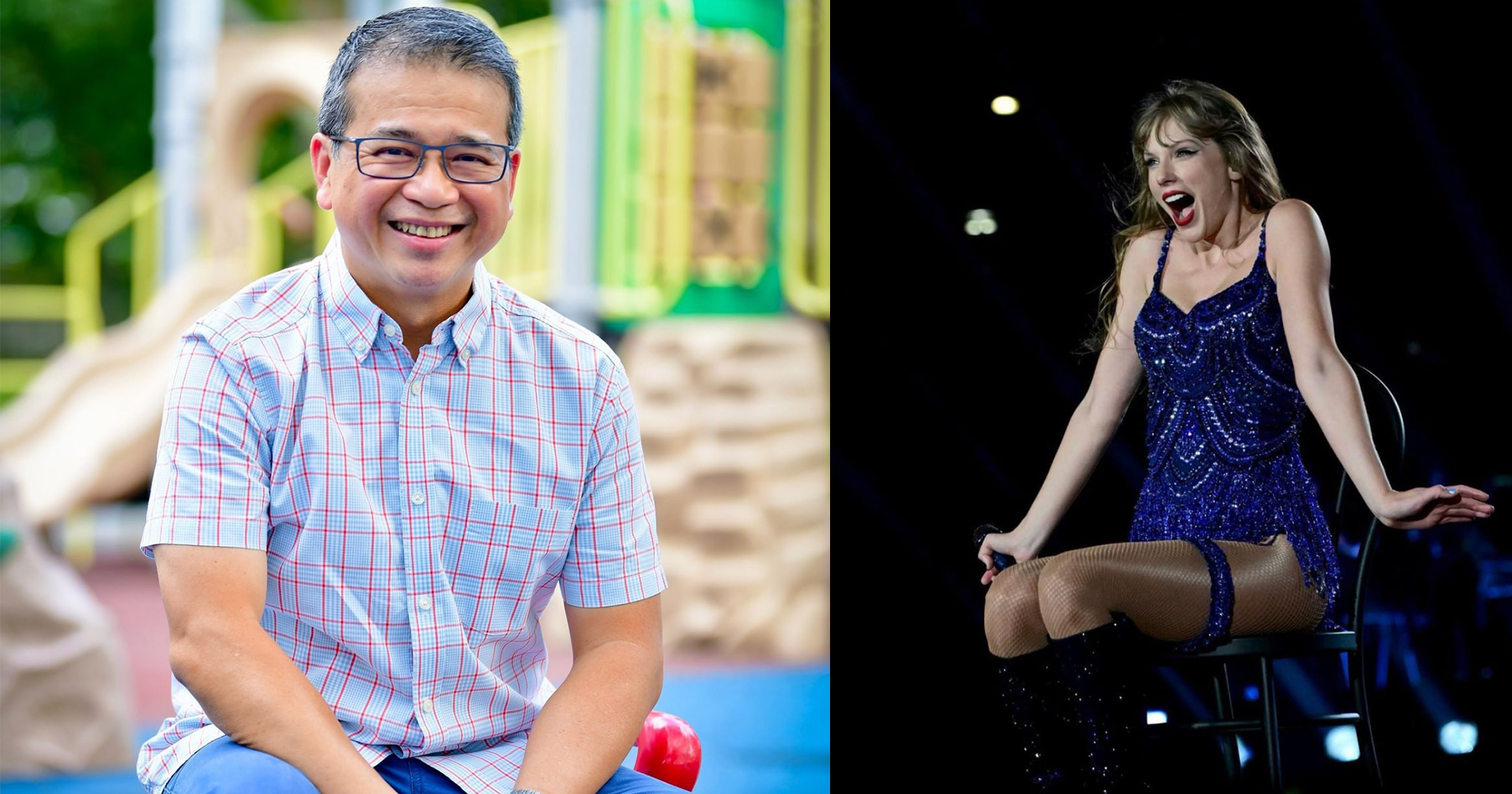
It is “nowhere as high” as previous reports have suggested, Minister for Culture, Community and Youth Edwin Tong told CNA on Mar. 1, without revealing the exact sum.
Speaking to Mothership on Feb. 28, Tong also said that the actual size of the grant is “not what is being speculated online”.
He added that the topic would be discussed in Parliament on Mar. 4, and that he would divulge more details then.
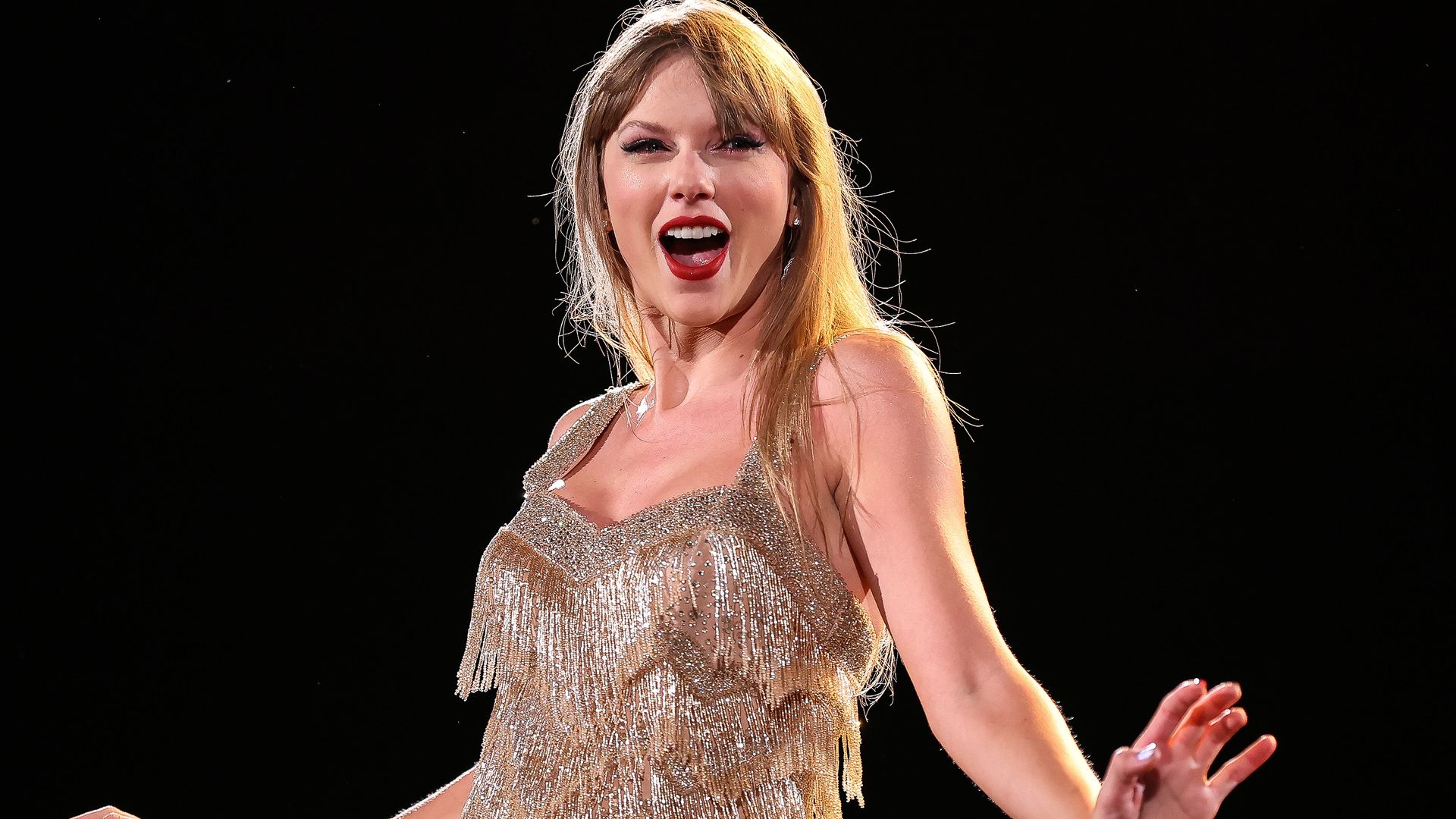
On neighbourliness
The regional exclusivity element of Singapore’s Taylor Swift deal has sparked unhappiness in a few neighbouring countries.
At a business forum on Feb. 16, Thai prime minister Srettha Thavisin alleged that the Singapore government had offered US$2 million to US$3 million (S$2.69 million to S$4.04 million) per show in exchange for exclusivity in Southeast Asia.
“If I had known this, I would have brought the shows to Thailand,” he added, according to Bangkok Post.
The Ministry of Culture, Community & Youth (MCCY) and the Singapore Tourism Board (STB) later clarified in a Feb. 20 statement that the latter “supported the event through a grant”.
One Philippine lawmaker Joey Salceda, said that the move is “not what good neighbours do”.

“I give it to them that the policy worked,” he said, according to an SCMP report.
“But it was at the expense of neighbouring countries, which could not attract their foreign concertgoers, and whose fans had to go to Singapore.
“I don’t think we should just let things like this pass. We should still officially register our opposition. It also runs contrary to the principle of consensus-based relations and solidarity on which Asean was founded.”
On the topic of neighbourliness, Tong did not want to be drawn into the specific accusations made about Singapore’s deal, according to a Straits Times (ST) report.
He told CNA that he had not spoken to authorities from neighbouring countries, but emphasised that it had been a commercial decision to pursue the deal.
“Fundamentally we’re driven by what’s in the best interest of Singapore and Singaporeans,” he told Mothership.
“What do Singaporeans want to see here, at our very own Sports Hub? What do they enjoy? …And we will continue to do that.”
Tong also noted that neighbouring countries could pursue deals as well — “Who’s to say that they have not or had not, or will not in the future?”
Having Taylor Swift concerts in Singapore may have a positive spillover effect on our neighbours. According to an earlier report by ST, some fans booked accommodations in Johor Bahru and Batam instead of staying in Singapore to save costs.A top-tier venue
Outside of grants and exclusivity, the fact of the matter is that concert promoters know what they want, Tong told ST.
“(The promoters) know where they want to play, how many nights they want to play for, and they make their own calculations.”
“What we can offer them is a first-class team on the ground, a top-tier venue, and a space in which they will be able to operate free from interruption and a good environment overall.”
Rather, if international acts such as Swift chose not to perform in Singapore, the question then would be why they made such a decision, and whether Singapore was losing its attractiveness.
“I did ask myself that question too, when the opportunity came up for Taylor Swift and the others,” he told CNA.
“And so we work hard to ensure that that question … won’t be asked of us, at least for now.”
